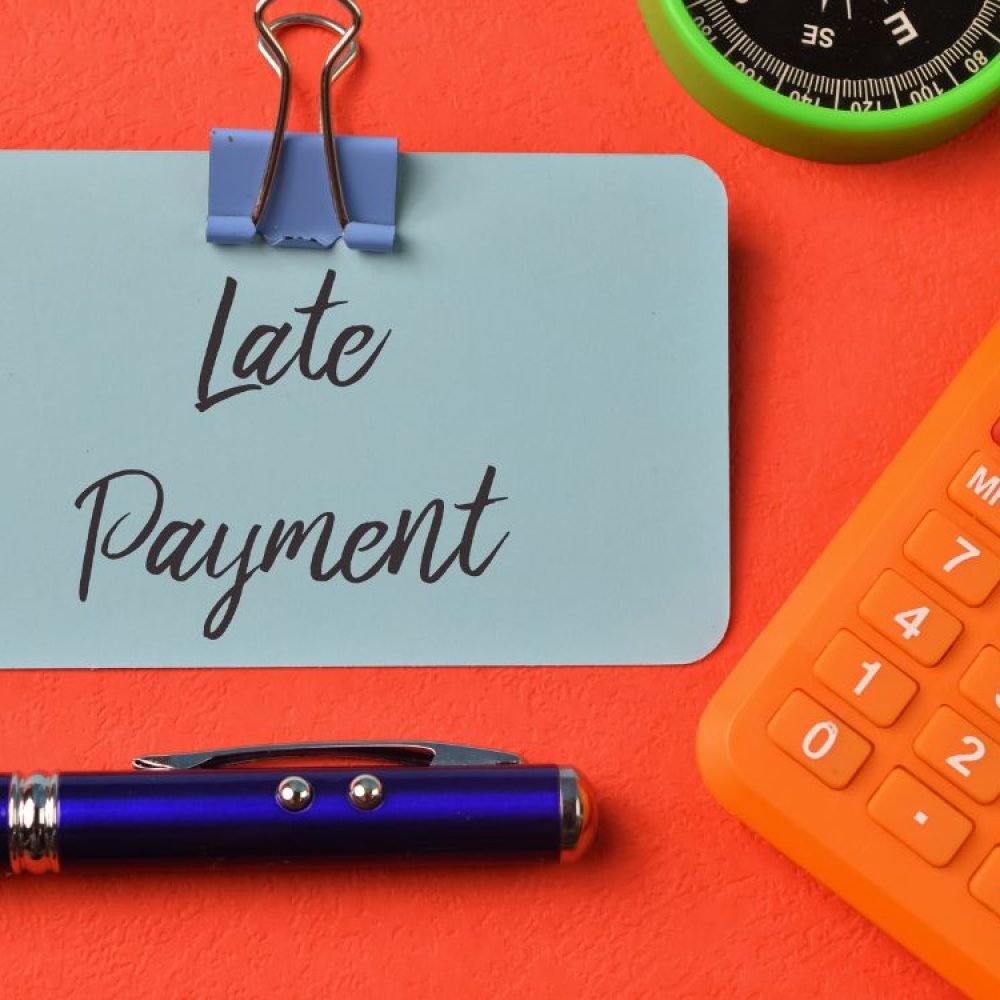
Home » Getting the Right to buy mortgages bad credit » Getting a Right to Buy Mortgage after Late Payments
Getting on the property ladder can feel tough, especially if you’ve had late payments on your credit record. But if you live in a council or housing association home, the Right to Buy scheme might give you a real shot at homeownership — even if your credit isn’t perfect.
In this article, we’ll break down how Right to Buy mortgages work when you have late payments, what lenders look for, and how you can boost your chances of success.
The Right to Buy scheme allows eligible council and housing association tenants in England to buy their home at a discount. Depending on how long you’ve lived in the property, the discount can be quite generous.
To use this scheme, you usually need a Right to Buy mortgage. This is simply a mortgage designed to cover the discounted price, though some lenders have special products for Right to Buy buyers.
Here’s the honest truth: it’s harder, but not impossible.
Late payments on your credit file show lenders that you’ve struggled to keep up with bills or debts in the past. This raises a red flag because mortgages are long-term commitments, and lenders want to be sure you can handle the repayments.
However, every lender is different. Some are stricter, while others — often called adverse credit lenders or specialist lenders — are more flexible and will consider applicants with past late payments, defaults, or even CCJs.
Discover how UK buyers with credit issues can still secure a mortgage and own their council home.
Contact us nowIf you’re applying for a Right to Buy mortgage with late payments, lenders will check:
Even with late payments, you can take steps to improve your application:
If your late payments are very recent, it might be worth waiting six to twelve months to show you’ve regained control of your finances. But if they’re older and you’ve been steady since, you might be able to apply now, especially with the help of a good broker.
Remember, Right to Buy discounts don’t last forever — and property prices can go up. So it’s worth weighing the pros and cons carefully.
Yes, you can still apply for the Right to Buy scheme itself, as your credit record doesn’t affect your eligibility for the discount. However, your late payments may impact your mortgage application, as lenders will assess your ability to repay based on recent financial behaviour.
No, not all lenders are open to applicants with poor credit histories. High street banks tend to be stricter, while specialist or adverse credit lenders are more likely to consider applications from people with late payments, defaults, or other credit issues.
Yes, the discount can act as a deposit, which reduces the loan-to-value (LTV) the lender needs to cover. This can make you a more attractive borrower even with past late payments, as the lender’s risk is lower.
Using a mortgage broker who understands Right to Buy and adverse credit can improve your chances. They know which lenders are more flexible and can help you avoid unnecessary credit checks that might harm your score further.
There’s no set rule, but generally, lenders prefer to see at least six to twelve months of clean credit behaviour after late payments. The older the missed payments, the less weight they carry, especially if you’ve been managing your finances well since.
Some specialist lenders will consider applicants with defaults or County Court Judgments (CCJs), especially if they are over two years old or have been settled. Again, the Right to Buy discount helps reduce risk, but expect higher interest rates or stricter terms.
You’ll usually need proof of income, recent bank statements, ID, your Right to Buy offer notice (Section 125 notice), and possibly explanations or evidence for any historic credit issues. Being organised can help smooth the process.
Potentially, yes. Lenders may offer you a smaller loan or set higher interest rates to offset the risk if you have a troubled credit history. It’s worth comparing offers carefully or using a broker to find the best fit.
Where possible, paying off small debts or clearing defaults can improve how lenders view your application. However, you don’t always need a spotless record — some lenders specialise in helping those with past credit issues.
If you’re turned down, don’t panic. Take time to improve your credit profile, save a bit more, and seek advice from a broker or debt advisor. You can reapply once your situation improves, and the Right to Buy discount offer usually lasts for a set period.
Can you get a mortgage with a default?
Can I still get a mortgage in the UK with a low credit score or a history of late payments?
How does a bad credit Mortgage differ from a traditional mortgage?
Right to buy: Can I buy my council house?
Do You Need a Mortgage for Right to Buy?
Buy to let mortgage with bad credit
Can you get a mortgage on your own?
How much deposit do I need to for a first-time buyer mortgage in London?
Advisers for self-employed London
Mortgage on a leasehold property
How to find the best Right to Buy mortgage deals
How long does information stay on my credit file?
What is a first charge mortgage? Explained
What are the potential risks and drawbacks of obtaining a bad credit mortgage?
What happens when my fixed-rate mortgage ends?
How to find the best fixed-rate remortgage deals
Single brick construction mortgage
Do I need a mortgage adviser in the UK?